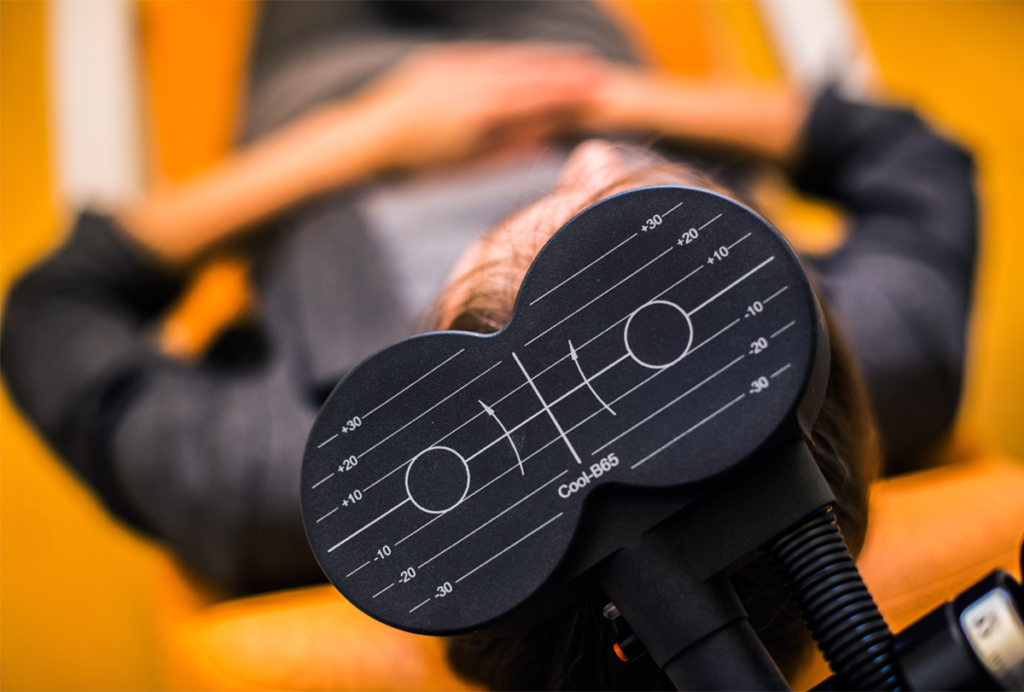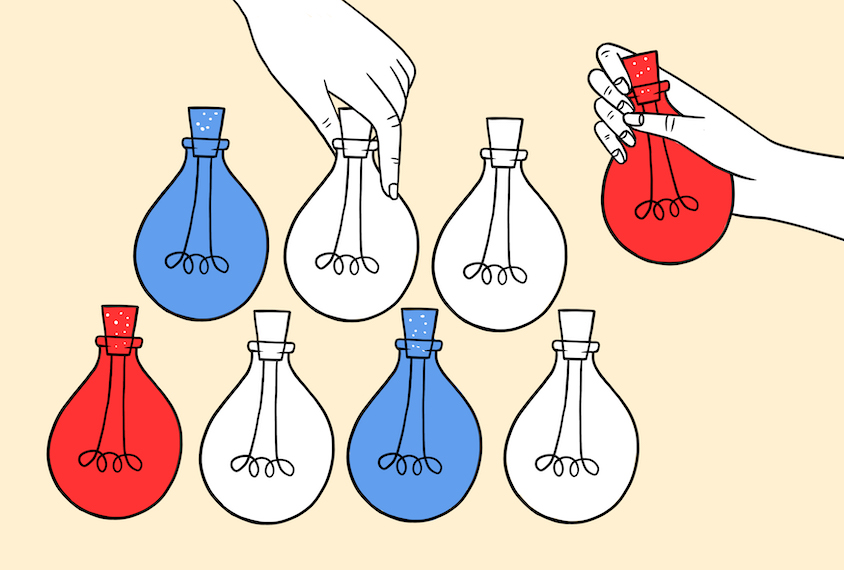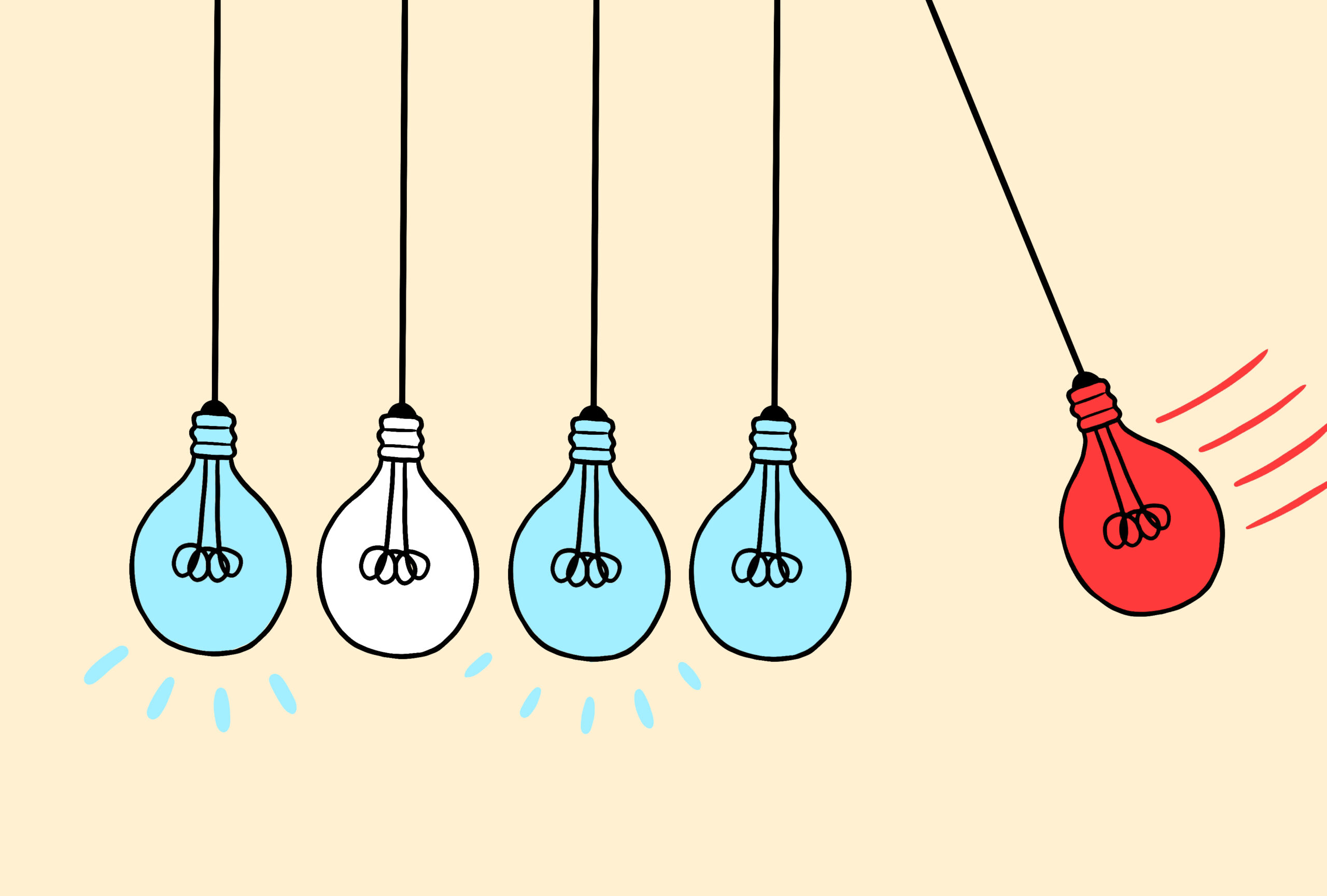TMS (and treatments)
Recent articles
Magnetic stimulation for autism: Q&A with Xujun Duan
A new individualized approach to transcranial magnetic stimulation may one day be an effective treatment for social and communication difficulties, if the results from Duan’s small preliminary trial pan out.

Magnetic stimulation for autism: Q&A with Xujun Duan
A new individualized approach to transcranial magnetic stimulation may one day be an effective treatment for social and communication difficulties, if the results from Duan’s small preliminary trial pan out.
Null and Noteworthy: Modified MRI; father findings
This month’s newsletter tackles null findings from an attempted replication of a “revolutionary” MRI approach and an analysis of family genetics.

Null and Noteworthy: Modified MRI; father findings
This month’s newsletter tackles null findings from an attempted replication of a “revolutionary” MRI approach and an analysis of family genetics.
Null and Noteworthy: COVID-19 conclusions; diagnosis duplication; oxytocin again
This month’s newsletter explores the pandemic’s effects on autism rates, trends in co-occurring mental health conditions, and the impact of intranasal oxytocin.

Null and Noteworthy: COVID-19 conclusions; diagnosis duplication; oxytocin again
This month’s newsletter explores the pandemic’s effects on autism rates, trends in co-occurring mental health conditions, and the impact of intranasal oxytocin.
Transcranial treatment; maternal inflammation; autism ants and more
Transcranial treatment may bolster memory in adults with autism, inflammatory molecule may alter an emotional brain region in newborns, and examining ants could yield insights into autism
Transcranial treatment; maternal inflammation; autism ants and more
Transcranial treatment may bolster memory in adults with autism, inflammatory molecule may alter an emotional brain region in newborns, and examining ants could yield insights into autism
Explore more from The Transmitter
Neuro’s ark: Spying on the secret sensory world of ticks
Carola Städele, a self-proclaimed “tick magnet,” studies the arachnids’ sensory neurobiology—in other words, how these tiny parasites zero in on their next meal.

Neuro’s ark: Spying on the secret sensory world of ticks
Carola Städele, a self-proclaimed “tick magnet,” studies the arachnids’ sensory neurobiology—in other words, how these tiny parasites zero in on their next meal.
Autism in old age, and more
Here is a roundup of autism-related news and research spotted around the web for the week of 2 March.

Autism in old age, and more
Here is a roundup of autism-related news and research spotted around the web for the week of 2 March.
Lack of reviewers threatens robustness of neuroscience literature
Simple math suggests that small groups of scientists can significantly bias peer review.

Lack of reviewers threatens robustness of neuroscience literature
Simple math suggests that small groups of scientists can significantly bias peer review.